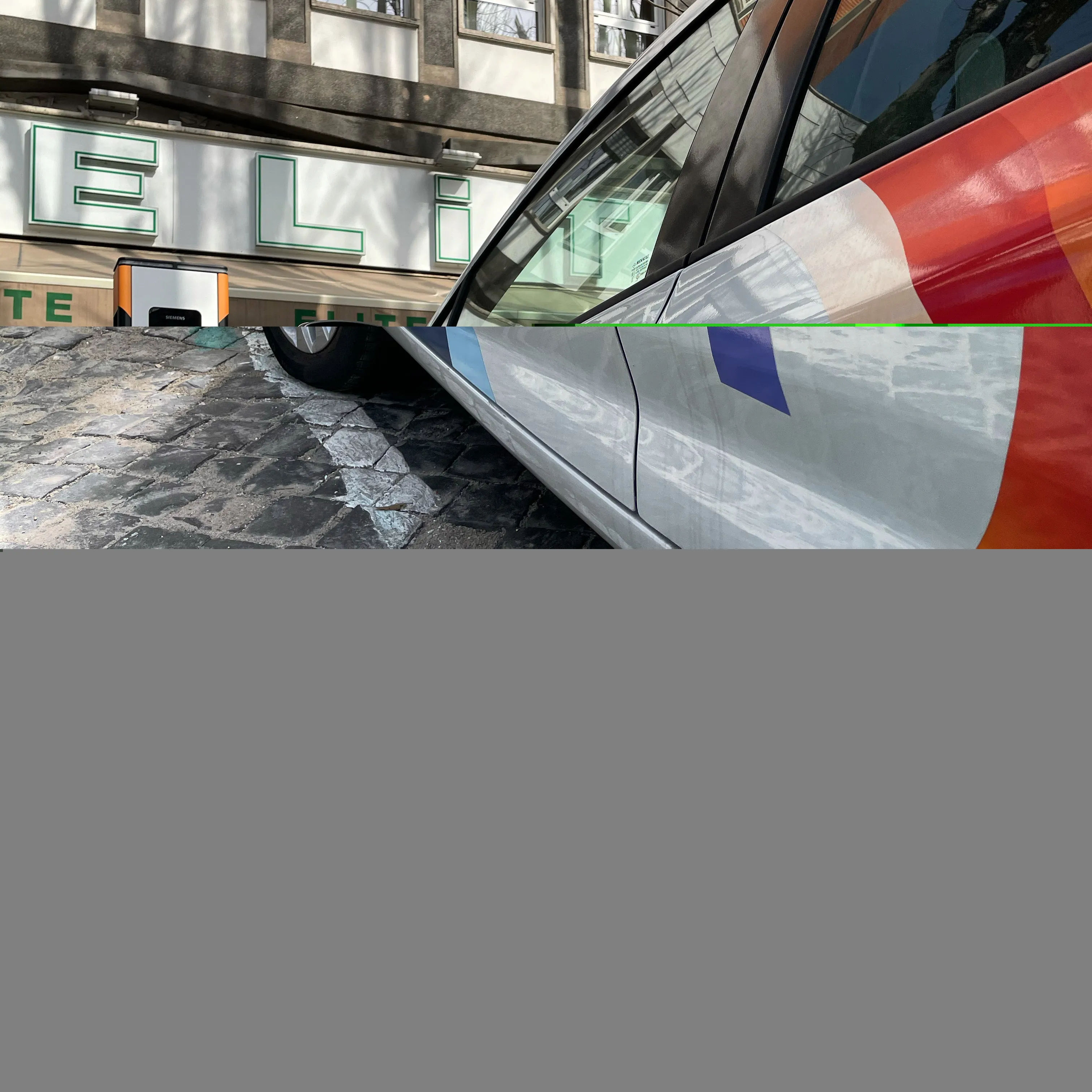The project, designed to encourage the adoption of electric vehicles (EVs) in Canada, is being partially funded Natural Resources Canada (NRCan) under the Canadian Energy Innovation Program, with investment support from eCAMION, Leclanché and SGEM.
eCAMION and Leclanché have formed a Toronto-based joint venture, FAST Charge to manage the project and further expand the implementation of EV charging systems across North America.
Current EV charging systems make it difficult for drivers to travel long distances, contributing to 'range anxiety' and is one of the biggest obstacles globally to EV adoption.
The new system being developed by FAST Charge consists of an energy storage system, using large-format lithium-ion batteries, along with multiple-outlet charging units that can be charge several EVs at once. This architecture helps overcome the slow charge issue by acting as a buffer between the grid and the vehicle and allowing EVs to be charged rapidly from the advanced lithium ion batteries instead of directly but more slowly from the grid. This will enable faster charging at Level 3 and higher, allowing EV drivers to charge their vehicles in just 20 minutes.
In addition, each charging station can be connected to a renewable energy source such as solar or wind to facilitate 100-percent emission-free driving.
Greater adoption of EVs for inter-urban travel will reduce the use of carbon-intensive fuels for transportation, which currently generates nearly a quarter of Canada's greenhouse gas emissions. FAST Charge estimates that the installation of 102 charging units at 34 different locations will reduce emissions by an estimated 0.7 million tons over the first five years of operation.
The project is scheduled for completion by the first quarter of 2019.
Boost for EV charging in Canada
Canada's electric vehicle industry is about to receive a major boost with the announcement of an agreement between eCAMION, based in Toronto, Dallas-based Leclanché North America, part of Switzerland's Leclanché and SGEM based in Geneva, to develop and install a network of 34 fast-charging stations along the Trans-Canada Highway (TCH). The project, designed to encourage the adoption of electric vehicles (EVs) in Canada, is being partially funded Natural Resources Canada (NRCan) under the Canadian Energy Inn
July 24, 2017
Read time: 2 mins
Canada's electric vehicle industry is about to receive a major boost with the announcement of an agreement between eCAMION, based in Toronto, Dallas-based Leclanché North America, part of Switzerland's Leclanché and SGEM based in Geneva, to develop and install a network of 34 fast-charging stations along the Trans-Canada Highway (TCH).










